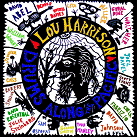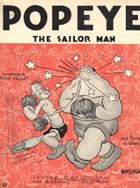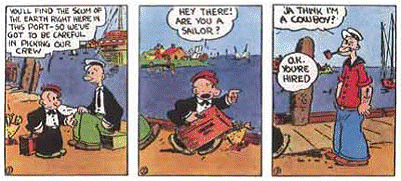Investigating U.S. History


“The most important word in the language of the working class is solidarity.”
-- Harry Bridges
“I've had all I can stand, I can't stands no more!”
-- Popeye
Select a song from The Musical Record that you find particularly interesting and that adds to your understanding of the strike or the Great Depression. Post on the discussion board five paragraphs analyzing its words, music, and social uses.
Questions you may wish to consider:
Respond to the analyses of at least two of your classmates, focusing on those statements with which you particularly agree or disagree.
I am a simple lab'ring man
And I work along the shore,
For to keep the hungry wolves away
From the poor longshoreman's door...
Four hundred strikers were brutally wounded;
Four hundred workers and I left to die;
Remember the day, sir, to all of your children,
This bloody Thursday the fifth of July...

Lou Harrison, Drums
along the Pacific.
Composer Harrison and choreographer Carol Beals collaborated on the dance piece “Waterfront—1934,” which debuted in 1935 in the boxing ring of the Longshoremen's San Francisco headquarters. For more information check out Leta E. Miller and Fredric Lieberman's book, Composing a World: Lou Harrison, Musical Wayfarer (2004).

“Popeye the Sailor Man” (1931)
“I'm one tough gazookus
Which hates all palookas
Wot ain't on the up and square...”
http://www.guntheranderson.com/v/data/popeye.htm
http://kids.niehs.nih.gov/games/songs/movies/popeyemp3.htm
When artists at Max Fleischer Studios struck in 1937, they picketed singing, “We're Popeye the Union Man...”

“Popeye the Sailor Man” (1931)
http://digitallibrary.usc.edu/cdm/ref/collection/p15799coll17/id/678235